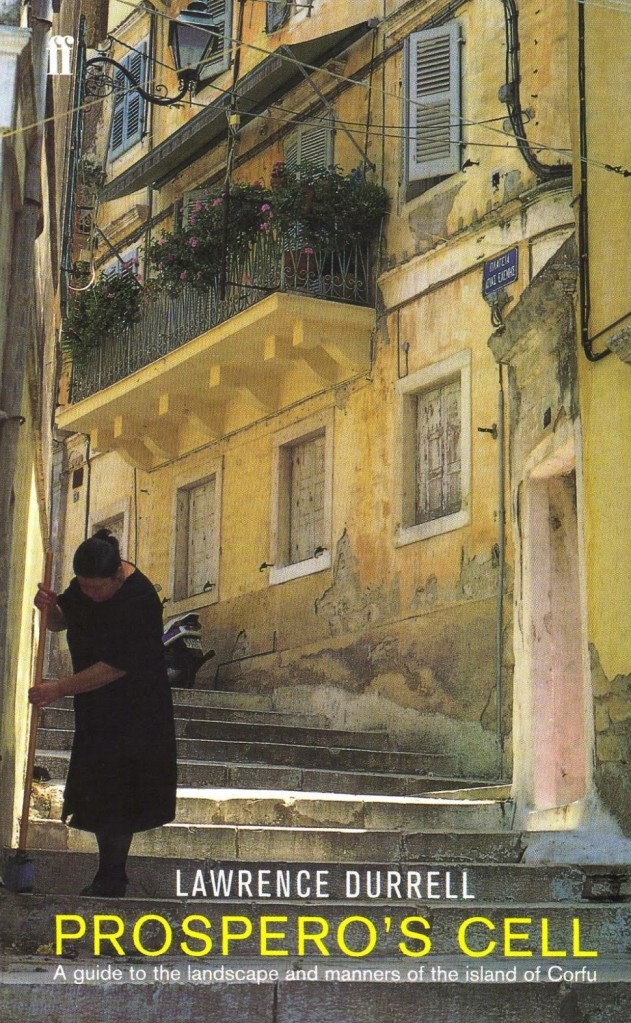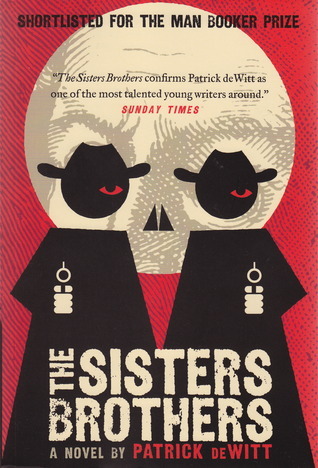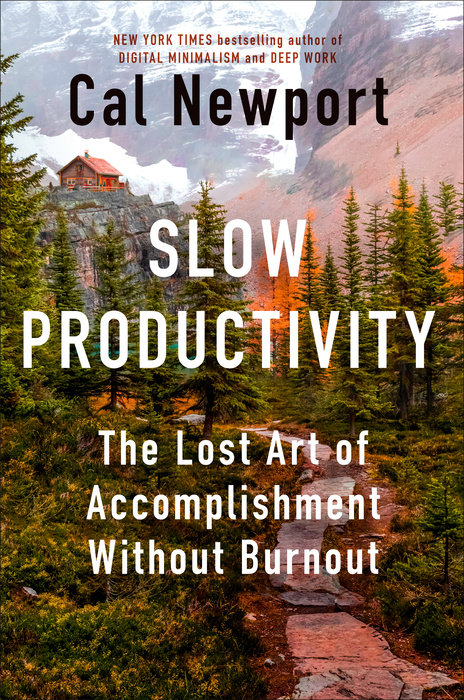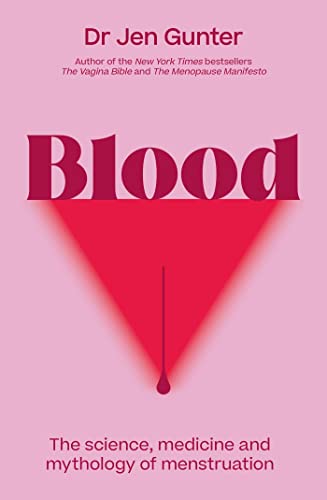I read 35 and two half books in 2023, and for various reasons this year’s reading contains more detective novels than usual. The topics and style range widely, so there’s bound to be something for everyone in this list. So make a nice cup of coffee or tea and sit down for a bit of a long read.
Note: the links are to reviews I wrote in my blog or to Goodreads. No affiliate links whatsoever here.
Fiction
The Murder on the Links, Agatha Christie
The second appearance of Hercule Poirot, Christie’s “little Belgian” detective. Christie weaves a clever plot here, particularly around various character pairings. If you’re looking for a satisfying light read, I recommend picking this book up. Bonus tip for Christie books: they can often be found at your local library or for very cheap at second hand bookshops.
Murder on the Orient Express, Agatha Christie
If there’s one Agatha Christie mystery you need to read, it’s this one. I’ve read this book several times before but return to it when I want to see a master at work. Christie is perfectly polished here, and this book is always a joy to read.
A Gentleman in Moscow, Amor Towles
Delightfully charming, polished and delightful I highly recommend this book for everyone, even if historical fiction isn’t your cup of tea. Towles doesn’t create a realist novel, but rather casts a fairytale that is a joy to read, and yet still reminds you of the time and place it takes place in and the implications of that on all the characters at play. One of the best books I read in 2023 and one that I keep remembering and will likely return to.
Offshore, Penelope Fitzgerald
Offshore won the Booker in 1979, and while it’s a well written novella length novel, it hasn’t stood the test of time. Fitzgerald writes about houseboat dwellers on the Thames, people that are in between land and water, outsiders to London and its society and yet still moored to it. I think that to readers in 80s this book would have resonated more, but somehow it seemed to remain on the surface level, detached and amorphous to me. Not a book I would go out of my way to read.
Drive Your Plow Over the Bones of the Dead, Olga Tokarczuk
Wow. The best book I’ve read this year by a large margin. Tokarczuk is an astoundingly good writer and this is a phenomenal book that I highly recommend. It’s not a light read but it’s a very, very good one.
The Books of Jacob, Olga Tokarczuk
This is one of the two books that I stopped reading halfway through. It’s exceptionally well written and researched but I just couldn’t bring myself to finish it at the time for personal reasons. I do, however, see myself returning to it at some point.
Miss Pettigrew Lives for a Day, Winifred Watson
This book is featherweight and frothy, a little ditty about a middle-aged governess that finds herself in the middle of the flashiest, most debauched group of young people you can imagine. It was written in 1938 so there’s racism and favourable talk about wife abuse here, and I’m not at all sure that this servants’ fairytale is worth it. It’s well written, but loses its charm whenever the naughtiness is coloured by its racism and sexism.
How Steeple Sinderby Wanderers Won the FA Cup, J.L. Carr
I read Carr’s wonderful “A Month in the Country” and I wasn’t disappointed by this fairytale. Yes, it’s about football. No, you don’t need to know a thing about the game. Do read the book’s introduction, though, as it does clarify and highlight a few things worth knowing.
This is Ted Lasso decades before Ted Lasso, but as Carr wrote it there’s also a touch of melancholy to the affair. It’s a charming little thing that will win your heart over much like its bunch of villagers win the coveted FA Cup. Like “A Month in the Country” this little book is an ode and a slice of brilliantly clever comedy. It reminded me of “Dad’s Army”: poking fun at its characters while deeply loving and respecting them, with a mist of nostalgia over it all.
All Systems Red, Martha Wells
For years this has been on my list and highly recommended by several friends and boy were they right. Wells created one of the best written, most distinct voices in fiction (yes, fiction, not just science fiction) in her murderbot. It’s a funny story about a misanthropic android saving a bunch of human scientists, but it’s also a tale about who gets to be human and who doesn’t, how fiction creates humanity, the future of corporations and how people learn to trust each other. Even if you don’t like science-fiction, this is a must read. If you don’t end up loving murderbot in the end, I suggest you check your pulse. They will make you laugh and they will make your heart ache for them, and you’ll want to be a better person to deserve to live in a world where murderbot exists.
Artificial Condition, Martha Wells
The second of the murderbot series, this one introduces ART. Murderbot teams up with a research transport with an attitude and I learn that I am in fact capable of loving this series even more than I did before. Wells deals so well with the themes of friendship, trauma and humanity as well as fiction as a bonding medium between strangers that it’s astounding. Again, even if you’re not a science fiction reader, this book is for you.
Rogue Protocol, Martha Wells
This isn’t as good as the first two murderbot stories, but is still very good and worth reading. The humour is still great, the questions about humanity are still there, as is the commentary about the growing power of corporations.
Exit Strategy, Martha Wells
This is the fourth murderbot story and one that closes the GreyCris arc. Murderbot cares now, how revolting 🙂 Full of humour, action and questions about personhood and friendship. A fitting end for the first arc of Murderbot diaries.
Network Effect, Martha Wells
A new murderbot arc begins, and ART is back. The two of them are superb together, the plot is very well done as are the action sequences. It lacks some of the innovation of the first two murderbots, but that’s to be expected in what is now a pretty well established world. Very enjoyable, funny and deeply touching.
Fugitive Telemetry, Martha Wells
This is another excellent murderbot story, but outside the timeline of the new murderbot arc and after the GreyCris arc was completed. It’s much more a detective novel than previous murderbot stories, and it’s very well done and fun to read.
System Collapse, Martha Wells
The seventh and latest instalment of the murderbot diaries, this story picks up not long after Network Effect finishes. There are some interesting ideas about communication and establishing trust, and some very good writing about trauma. Very well done and worth reading.
Home, Martha Wells
I think this is the best description of post traumatic stress disorder that I’ve read. As someone who suffers from cancer related PTSD this story really hit home. It’s an excellent short story, and it’s not told from murderbot’s point of view, but from Dr. Mensah.
The Well of Ascension, Brandon Sanderson
One of the biggest disappointments of the year. I really liked the first Mystborn novel and I was looking forward to reading the second book in the trilogy. It was not good. The characters were stupid, flat, and annoying. The villains were stereotypical and the twist (which at least brought the pace up in the end) wasn’t worth it. A long, bloated tale that never landed for me and has me wondering whether it’s worth slogging through the third book in the trilogy.
Winter’s Gifts, Ben Aaronovitch
I love Aaronovitch’s Rivers of London but this novella fell flat. The characters didn’t come to life, Henderson was somehow less likeable than she was in her previous appearances and the story didn’t gel. I’d recommend skipping this one unless you’re a completionist or looking for a light read.
Starter Villian, John Scalzi
Scalzi is back in full force here, light, funny and entertaining. If you liked the Kaiju Preservation Society you’ll love Starter Villain. Charlie inherits his uncle’s super villain operation, including secret volcano lair, talking cats and communist dolphins and it’s a delight from start to finish. There’s a plot but it doesn’t really matter: the dialogue, characters and situations make this novel hum. A perfect pick-me-up.
Slow Horses, Mick Herron
I saw the Apple TV series (it’s phenomenally good) and decided to try reading the books it’s based on. The first book, Slow Horses, is almost entirely like the series, though if you pay attention you can see the cracks here and there (particularly in the ending). Not really worth reading as the series is the same, but better.
Dead Lions, Mick Herron
This was the second book in the Slow Horses series that I read, and it will be the last one. The book is far inferior to the series in terms of both plot and dialogue. Watch the series instead.
The Long Game, Ann Leckie
A short story from Ann Leckie with some interesting ideas about society building. It remains a little too abstract, although it is interesting in terms of character and concept.
Translation State, Ann Leckie
A very high concept novel, even more so than her previous work. What makes a place home? What makes being connect with others? What constitutes personhood and free choice? What makes a being, nature or nurture? What takes precedence: the needs of the many or the rights of the few? What makes you belong to a place, group or family? There are some excellent characters here, and some excellent questions raised. The most interesting sci-fi book I read this year, and worth picking up.
Death in Fine Condition, Andrew Cartmel
I liked Cartmel’s Vinyl Detective series, so I was looking forward to reading the Paperback Sleuth. I was disappointed. This book suffered from all the minuses of Cartmel’s previous work (a tendency to overwhelm with tedious details, an infatuation with certain characters, plots that are oftentimes outlandish even for detective novels) with none of the charm. Large swaths of it are regurgitated characters and bits from his previous work, and I don’t see myself returning to this series any time soon).
Lot No. 249, Arthur Conan Doyle
This is a horror story about a resurrected mummy, and it’s competently written but not the genre for me.
Passenger to Frankfurt, Agatha Christie
The second book that I didn’t finish reading, and so bad that it should never have been published. Christie is clearly being taken advantage by her publishers here, as she’s obviously already suffering from dementia at this point. Don’t read it, and hopefully it will go out of print and stop tarnishing a wonderful writer’s reputation.
The Making of Another Major Motion Picture Masterpiece, Tom Hanks
This is lightweight fun, a good read for an airplane ride or a holiday. I’d recommend skipping or skimming the in-character preface as it’s the weakest part of the book by far. There are comic strips involved and in the book itself, so I recommend reading the book so you don’t miss them as they’re very well done. It’s charming, with no real villain and a lot of love for filmmaking and filmmakers.
Non-Fiction
You Just Need to Lose Weight, Aubrey Gordon
Gordon writes a compelling set of essays about anti-fat myths. It’s well written and informative, and regardless of what your thoughts are on the subject, it’s worth a read.
Erebus, Michael Palin
Excellent, excellent, excellent. Palin takes a fascinating topic and renders it to perfection. A Victorian ship designed for war but converted for arctic exploration has two epic voyages: on the first it reaches the farthest south that anyone had reached before, and on the second it vanished as it was searching for the Northwest passage. Multiple attempts were made to find her and her 129 crew members, but for 160 years nobody knew where it was. Until it was found, perfectly preserved, in 2014. The story of the ship, Erebus, its crew, voyages, and the search for it is interesting in and of itself, but Palin really makes it all come to life for the reader.
Your Head is a Houseboat, Campbell Walker
Walker is better known for his YouTube moniker Struthless. This is an illustrated book about reaching mental clarity through journaling. It’s well written, well drawn and well conceived, and if you have any interest in journaling for mental clarity, I highly recommend it.
The Miracle of Mindfulness, Thich Nhat Hanh
A short, beautiful guide to meditation written as a series of letters between master and student. It’s gentle, humorous and kind, and well worth a read, and many rereads.
M Train, Patti Smith
Patti Smith rambles around world drinking coffee. The general theme is dealing with loss, but in hindsight Smith’s writing didn’t leave much of a mark on me, even though I really wanted to like it. It’s like she’s trying to be Joan Didion and failing, because somehow her landscapes and people remain abstract shadows, not really leaving their mark on the reader.
Deep Work, Cal Newport
How to get meaningful work done in an age of constant distraction, especially if you’re a knowledge worker. Some very good ideas here, though it could have been better organised. One of the few productivity books I’d actually recommend.
Digital Minimalism, Cal Newport
How to turn down the signal to noise ratio on your digital devices using a methodical approach that allows you to tailor your technology use to your needs. This could have been a series of blog posts and suffers from the usual self-help book bloat, but there are some very good ideas here that I’ve successfully used. Recommended.
So Good They Can’t Ignore You, Cal Newport
After reading Deep Work and Digital Minimalism, this book was a disappointment. Newport struggles to make his point, it’s overly long and padded with examples that do him little favour. The whole thing should have been a blog post. The basics? Don’t look for a job that fits your passion, find a job that lets you have the lifestyle you want to have (hours, control, impact, etc). Do that by gradually and systematically acquiring skill in something that is rare and valuable. This is done through deliberate practice, like a musician or an athlete.
These Precious Days, Ann Patchett
A well written series of essays about a pretty wide range of topics. It was very well written and enjoyable to read. I recommend it even if you normally don’t read essay collections.
Think Again, Adam Grant
Organisational psychologist Adam Grant talks about how to change your mind. Some interesting ideas here, though as usual with this sort of book Grant doesn’t shy away from cherry picking anecdotes and manipulating data to support his argument. I take all social study research papers and everything based on them with a grain of salt after their replication crisis, but there are some things here that are worth trying out or considering.
Here’s to a 2024 full of good books!



















